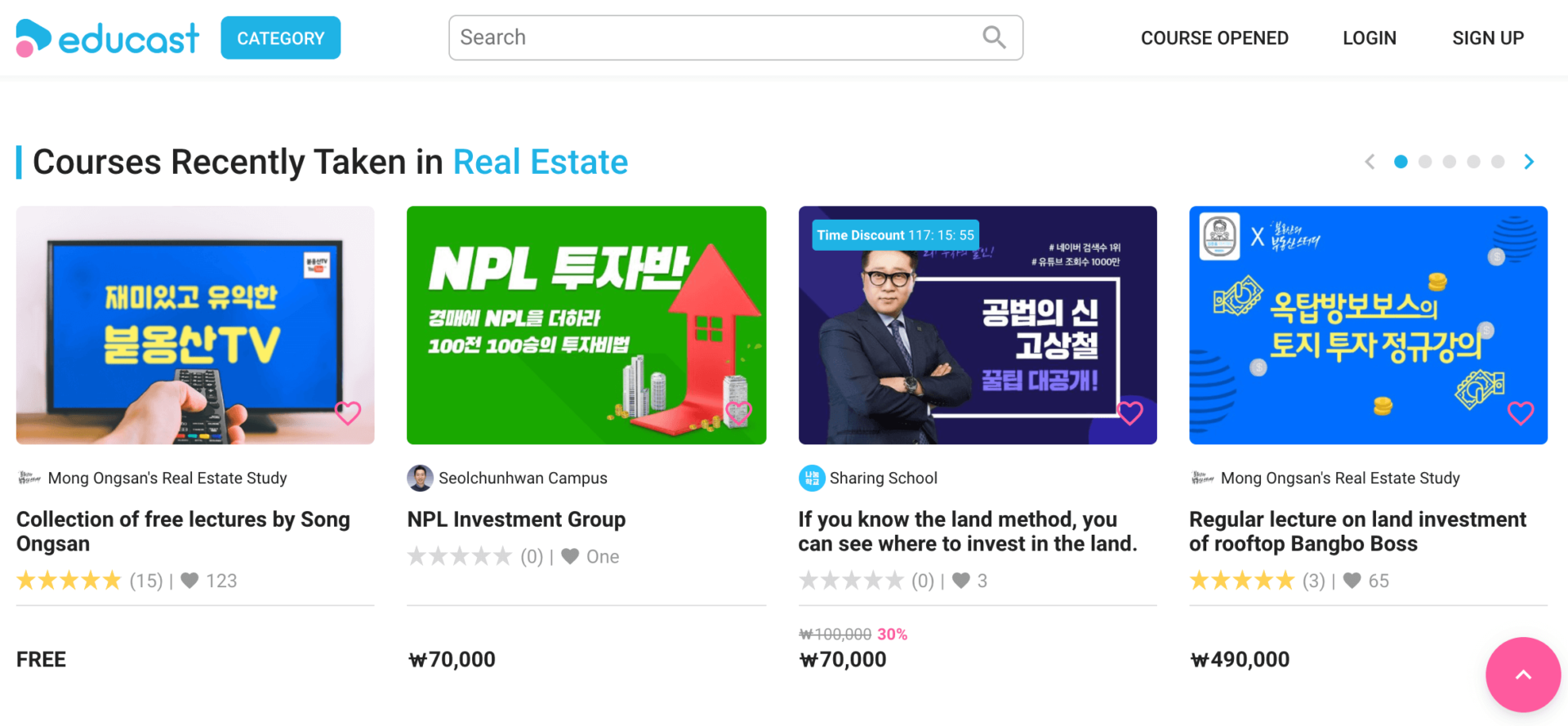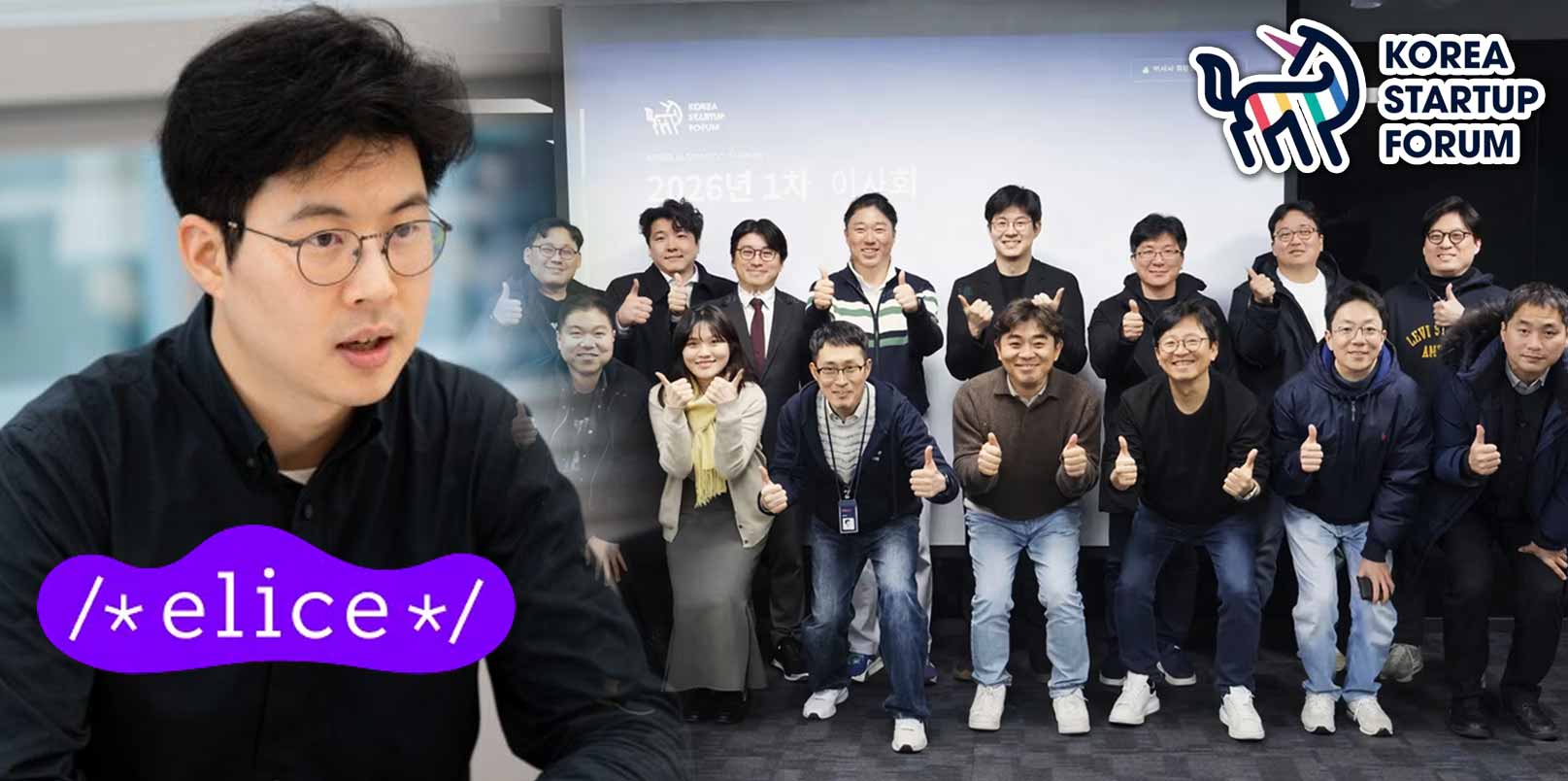E-learning has become an essential resource in today’s education scenario. Across the world, because of the COVID-19 outbreak, there is the uncertainty of schools and universities opening up physical classes in the near future. Most teaching institutes are now offering E-learning resources to students, and the market for EduTech companies is growing with more demand.
Korean startups have been developing technology and tools for quite some time to enhance the education market. There are e-learning sites and companies developing tools for e-learning. Koreatechdesk.com lists some startups that are transforming education with technology.
1) RiiiD
Using Artificial Intelligence (AI), this startup is disrupting the way education is imparted. The AI-driven platform provides students customized solutions for their learning. The Edutech startup’s application SANTA TOEIC (Test of English for International Communication) helps students boost their TOEIC scores based on a user’s learning behaviour technology.
Established in 2014, Riiid wants to be a global leader in the AI Tutor solutions provider market. Santa TOEIC was launched in 2017 as the firm’s first commercialized AI Tutor solution based on a deep learning algorithm that has garnered 1 million users solely in the Korea market. It now operates in Japan, Vietnam as well.

Riiid also entered the B2B solution market with its platform called “santA.Inside”, an AI-based tutoring engine for the growing global test-prep market. Recently, the startup entered the American shores with its global arm Riiid Labs.
2.) KnowRe
The platform makes learning mathematics easier with its adaptive math educational software, which has game-like features for pre-Algebra, Algebra I, and Algebra II. The platform covers math curricula for grades 1 to 11 and offers students a personalized and engaging learning experience.
When a student attempts to solve a problem, KnowRe breaks it into small components and assesses where the student might be making a mistake. The software’s algorithm creates a personalized curriculum for each student to focus on their strengths and weaknesses.
We are excited to announce that we have won the 2020 EdTech Digest EdTech Cool Tool Award for best “Math Solution.” @EdTechDigesthttps://t.co/vrCJONrPjx#edtechawards #distancelearning #educhat #edutwitter #MathEd #iteachmath #MTBoS #teachertwitter pic.twitter.com/bANaHtXEpB
— Knowre (@knowre) May 14, 2020
The platform also gives teachers the data about the individual student so they can adjust school lessons. In 2014 the company set up a headquarter in New York and launched a version for the U.S. school market. KnowRe has successful partnerships for distributing its tool with major edutech companies like Daekyo, Sylvan Learning, and EBS.
3) EduCast
This Korean startup matches learners and education providers on their platform. Launched in 2012 by an enterprising bunch of students at Seoul National University, EduCast is an online lecture open market where anyone can be a teacher, and anyone can be a student. Diverse subjects ranging from maths, languages, designs, programming, etc. are provided on the platform.

Anyone who is an expert or has a specialty in a subject can become a lecturer. The lecturers get immense support from the EduCast team, providing room for lecture recording to the filming of the lecture to promote it on the platform.
4) Marvrus
The startup provides VR, AR & MR tools to teach English to non-native English speaking students. Its flagship technology is a VR Teleport English tool, which helps students learn the English language. It is aimed at learners living in non-English speaking countries. The students can wear VR headsets attached to smartphones and get transformed into different parts of the world.
https://youtu.be/_eG_Xt6QmyE
They can interact with native English speakers from places like Australia, England, America, etc. through the VR tool. The VR tool provides the user with personalized feedback using voice processing technology. The user is transported to different situations and scenes for better interactive experiences.
5) XELF
This startup is not an e-learning portal, but Globis Infotech’s XELF with HTML5 technology has got attention from E-learning companies for their content distribution. The HTML5-based contents authoring platform XELF has benefits of requiring no instalments in any user environments, including mobile.
XELF enables users to make and share content on the web browser. XELF can be used to make presentations, Card news, Webtoons, E-learning contents, Digital advertisements, etc. It also provides an integrated management environment, including contents distribution and analysis via cloud services.

The startup had participated in the most prominent educational technology exhibition in Asia – the Edutech Asia 2019 – held in Singapore last year in October and attracted a lot of E-learning content providers.





